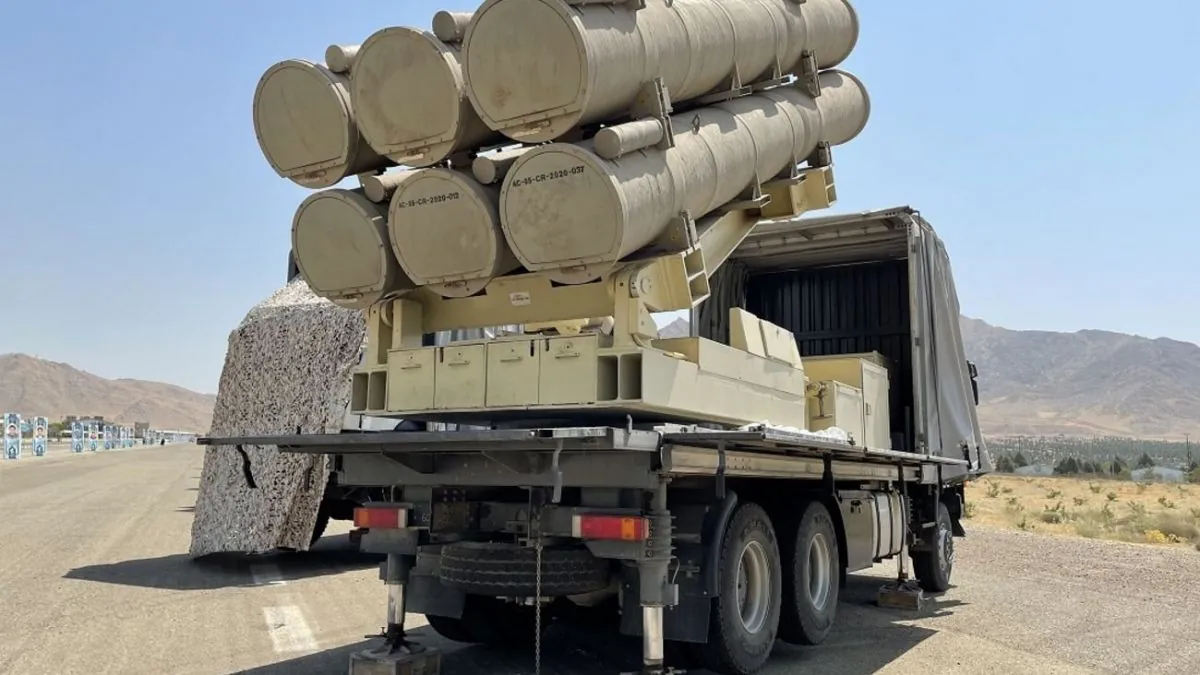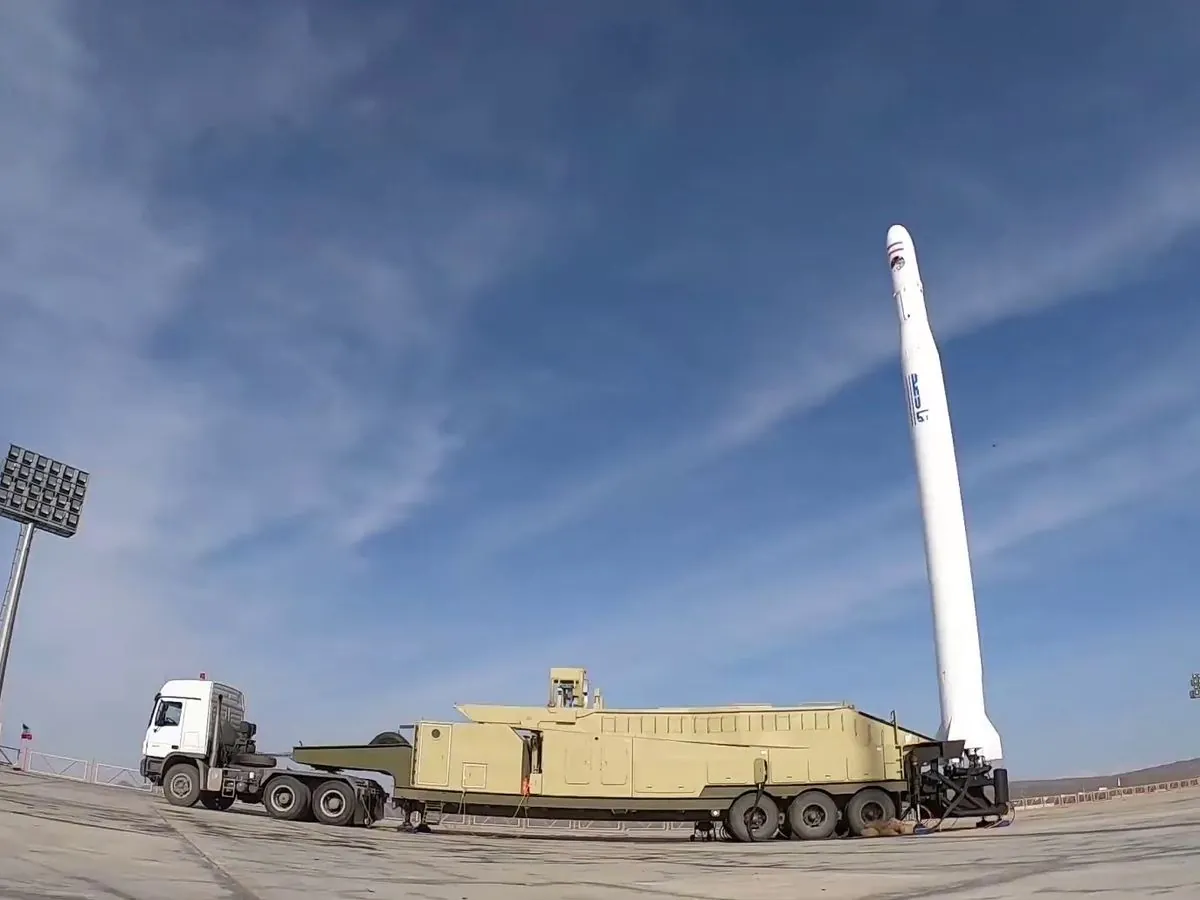Iran Delivers Missiles to Russia Without Launchers, Raising Questions
Iran has supplied Fath-360 missiles to Russia without mobile launchers, sparking speculation about their operational readiness. Experts suggest potential reasons for this decision, including diplomatic considerations.

Recent reports indicate that Iran has delivered Fath-360 short-range ballistic missiles to Russia without accompanying mobile launchers. This development has raised questions about the operational readiness of these weapons and their potential use in the ongoing conflict in Ukraine.
According to three anonymous sources, including a European diplomat, a European intelligence official, and a U.S. official, the absence of launchers was confirmed at the time of the U.S. announcement regarding the missile delivery. This information comes approximately 11 days after U.S. Secretary of State Antony Blinken stated that Iran had supplied the missiles to Russia, expecting their use in Ukraine within weeks.
The Fath-360 missile, part of Iran's extensive ballistic missile program, has a range of up to 121 kilometers and is reportedly capable of traveling at four times the speed of sound. This weapon system poses a significant challenge to Ukraine's air defenses, which have been continuously adapting to counter Russian innovations.
Experts suggest several possible reasons for the absence of launchers. Fabian Hinz, an Iranian missile expert at the International Institute for Strategic Studies, speculates that Russia may intend to modify its own military-grade vehicles for launching the missiles. He notes that the civilian trucks typically modified by Iran for this purpose may not be suitable for the harsh Ukrainian winter conditions.

Another perspective, offered by David Albright, a former U.N. nuclear inspector, suggests that Iran might be withholding the launchers to create space for diplomatic talks. With Iranian officials set to meet European counterparts at the upcoming U.N. General Assembly in New York, this decision could be seen as a strategic move to facilitate negotiations on various issues, including Tehran's nuclear program and regional tensions.
The delivery of these missiles has prompted new sanctions from the United States, Germany, Britain, and France against Iran. The European Union is also considering additional measures targeting Iran's aviation sector. Despite these actions, Iran continues to deny providing Russia with missiles or drones for use in Ukraine.
The Russian defense ministry declined to comment on the matter.
It's worth noting that Iran's ballistic missile program, considered one of the largest in the Middle East, has been a source of international concern for years. The program, overseen by the Islamic Revolutionary Guard Corps (IRGC), has seen significant advancements in accuracy and range over the past decade. The development of missiles like the Fath-360 is part of Iran's asymmetric warfare strategy, partly in response to its inability to maintain a modern air force due to long-standing sanctions.
As the situation unfolds, the international community remains vigilant, monitoring any potential use of these missiles in the Ukrainian conflict and the broader implications for regional security.


































